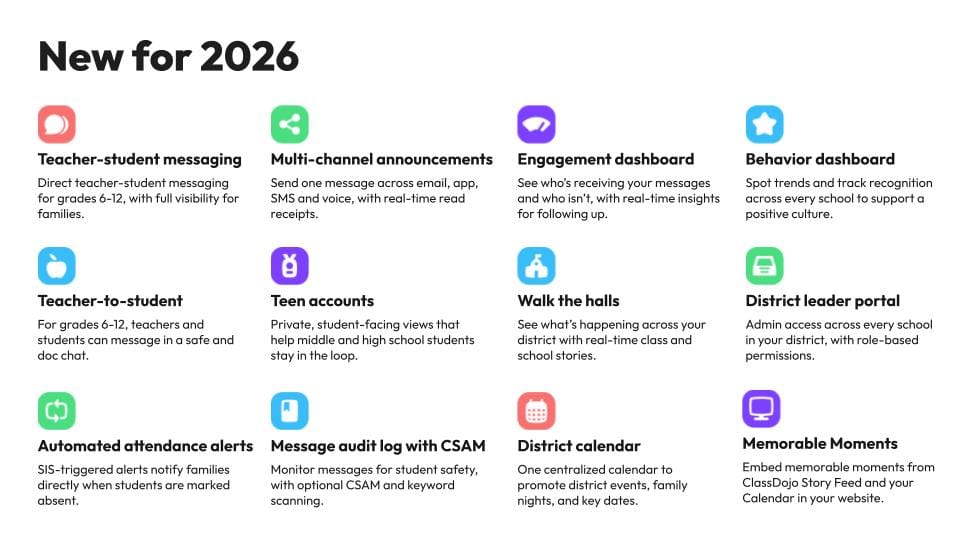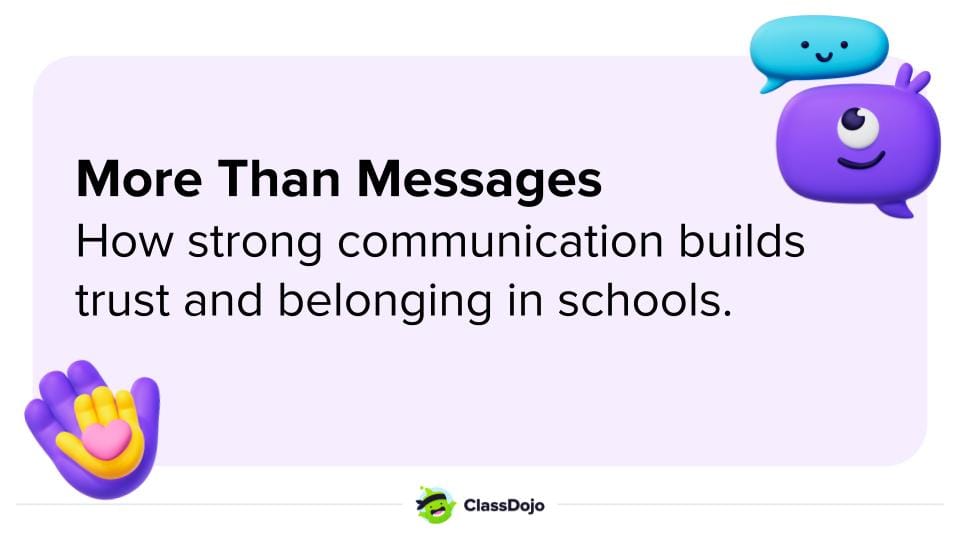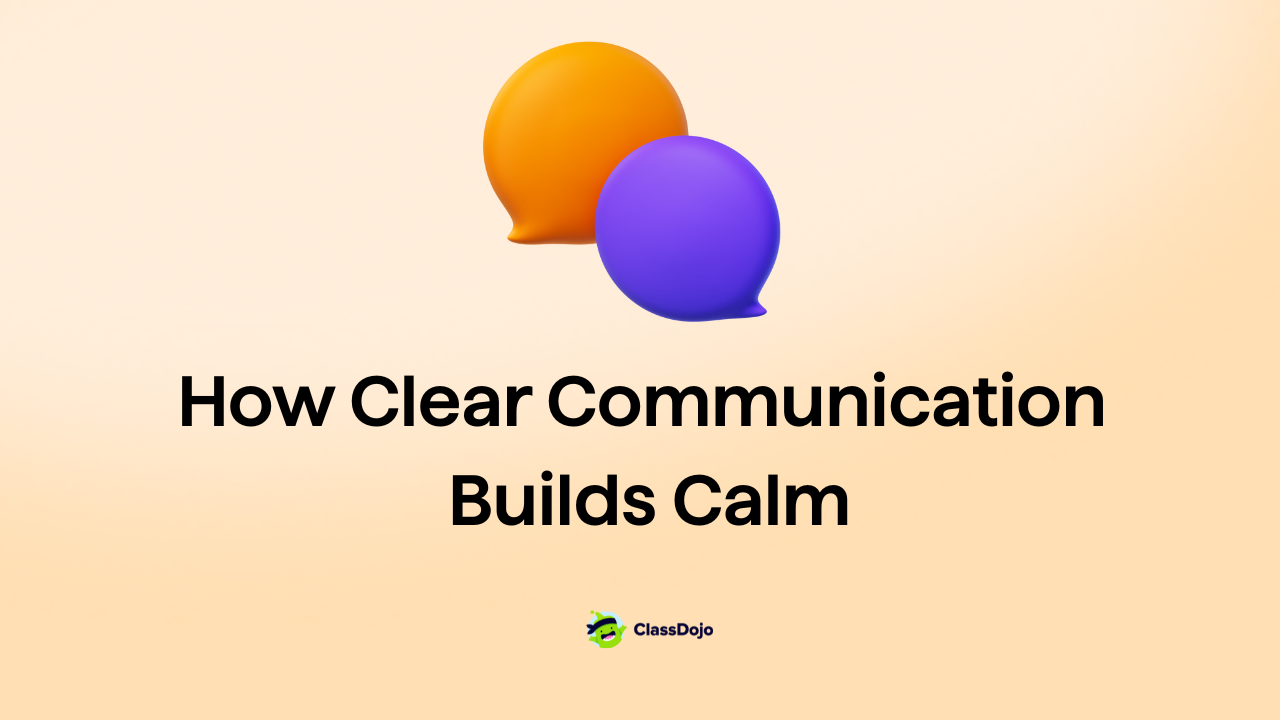For years, privacy has been framed as a compliance issue.
And it is. FERPA, COPPA, SOPPA, CIPA—district leaders navigate an alphabet of legal obligations designed to keep student data protected.
But here’s the thing: compliance isn’t enough to build trust.
In today’s landscape, where families are more aware, more connected, and more cautious than ever, privacy isn’t just a legal box to check—it’s a relationship to nurture.
Let’s talk about how.
Compliance = Obligation. Trust = Culture.
Legal compliance is about rules, contracts, and thresholds.
Cultural trust is about clarity, communication, and consistency.
One is required. The other is earned.
At ClassDojo, we’ve seen that when privacy becomes a core cultural value, baked into how a district communicates, how it selects tools, and how it shows up for families, transforming from a policy into a promise.
What Trust Looks Like in Action
Districts across the country are proving that transparency builds connection.
In one midwestern district, leaders began sending quarterly “Privacy Pulse” emails to families. Each one was short—just a few paragraphs—but it clearly outlined:
- What tools were being used across schools
- What data those tools collected (or didn’t)
- How families could ask questions or opt out
The emails were plainspoken. Accessible. Human.
And the result? When the district introduced a new family engagement platform mid-year, they didn’t face resistance. They saw record adoption—and an uptick in family survey trust scores.
Another district in the southwest hosted a “Tech & Transparency” night. Teachers shared the tools they use. The IT team walked through student safety practices. A table offered translations of the district’s privacy promise. It wasn’t a lecture; it was a conversation.
Making Privacy Visible
To move from policy to practice, districts can take a few simple, strategic steps:
How ClassDojo Walks the Walk
We believe privacy isn’t a feature—it’s the foundation. That’s why ClassDojo:
- Earned the Common Sense Privacy Seal, awarded to fewer than 10% of evaluated tools
- Runs a bug bounty program through Bugcrowd to proactively test and improve security
- Offers a Privacy Center with plain-language policies and opt-out resources
- Does not sell student data, show ads, or enable third-party tracking—ever
We’re proud to help districts lead with clarity and care.
Because when families feel informed, they lean in.
And when privacy is part of the culture—not just the contract—everyone wins.











